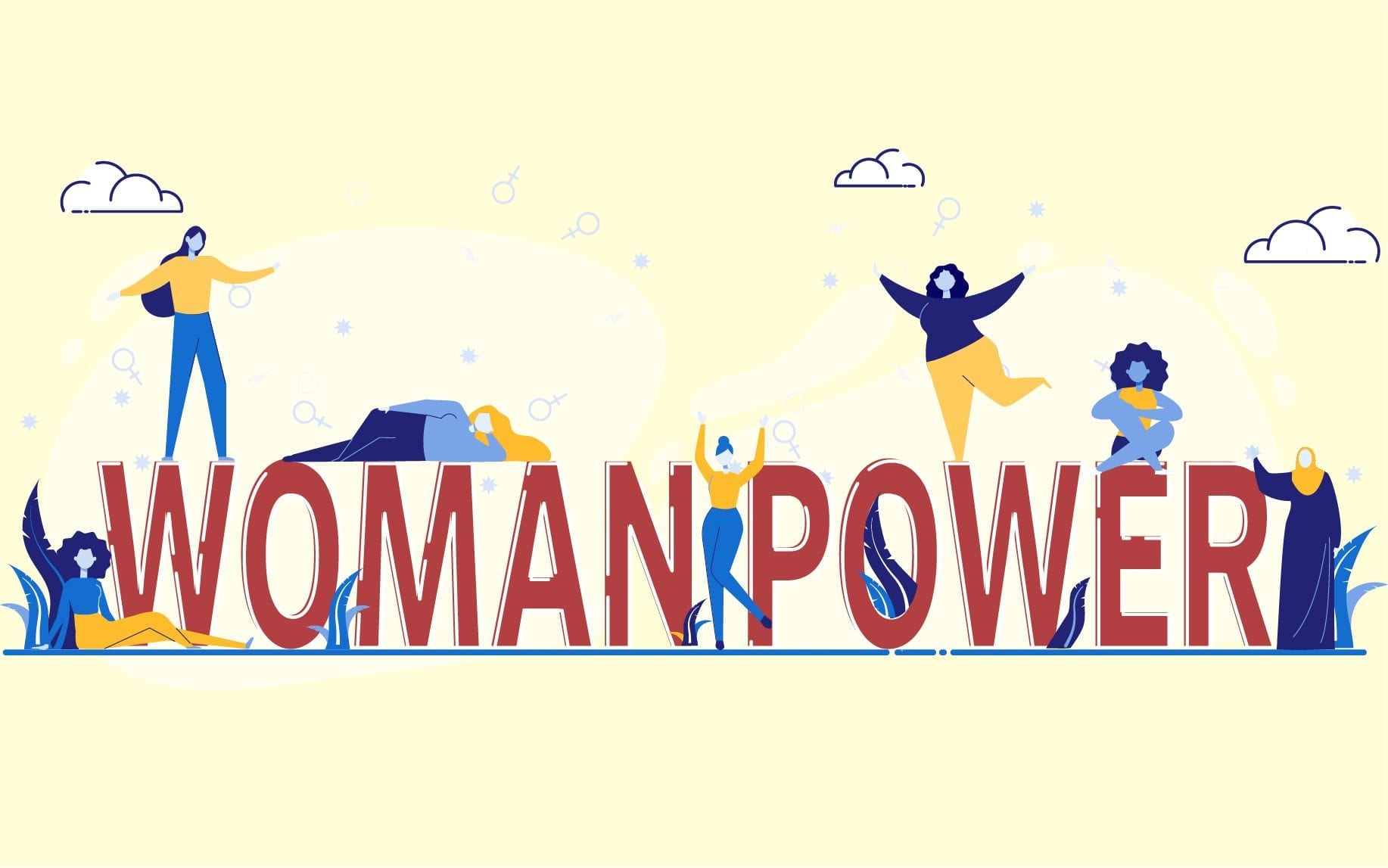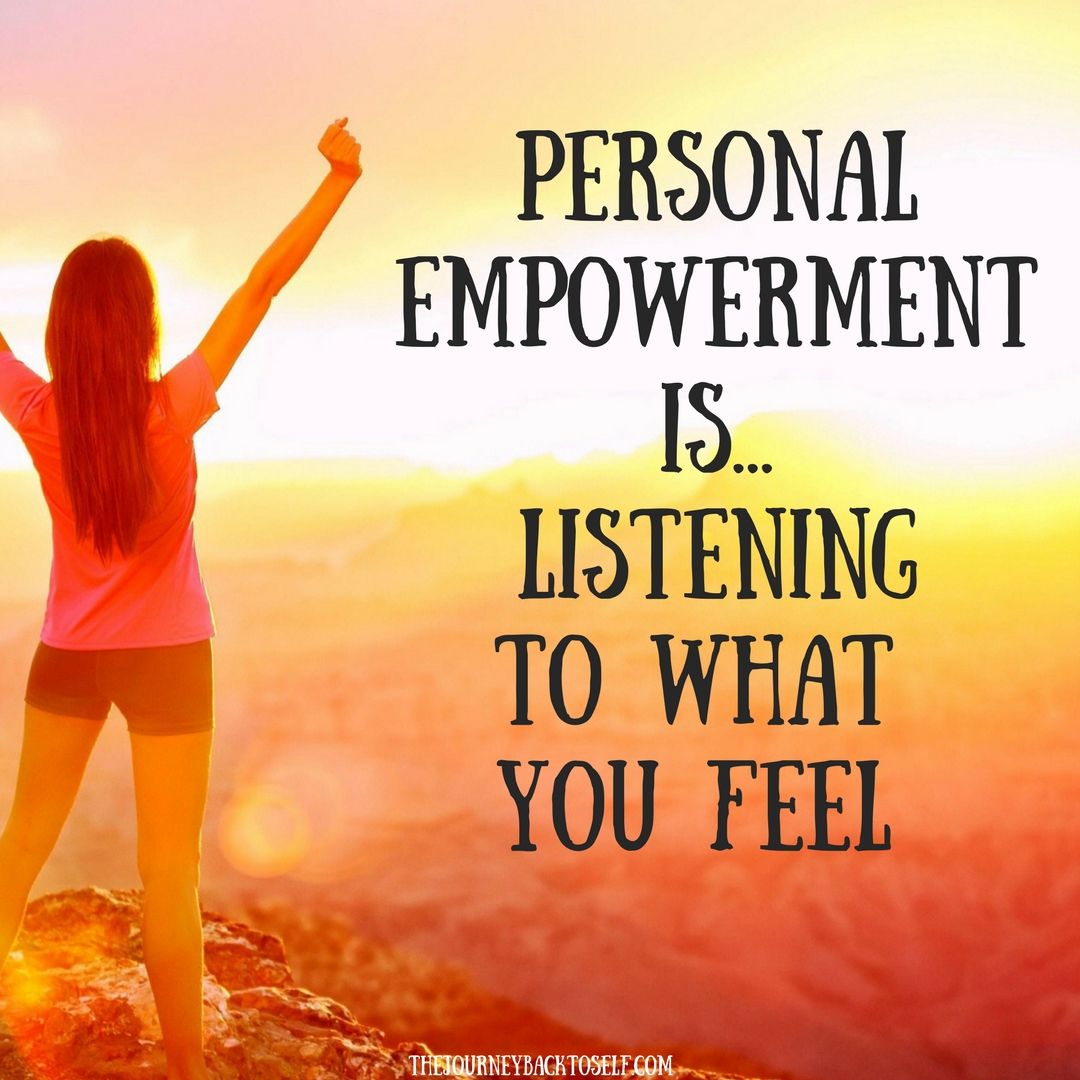Empowerment, Empowerment is a concept that has gained significant attention in recent years, and for good reason. It refers to the process of enabling individuals or communities to take control of their own lives, make decisions, and take actions that lead to personal and professional growth. Empowerment is not just about motivation or inspiration; it goes beyond that by providing individuals with the tools, knowledge, and resources they need to overcome challenges and achieve success. In today’s fast-paced and competitive world, empowerment has become increasingly important in both personal and professional development.
Key Takeaways
- Empowerment is about giving individuals the tools and resources to take control of their lives and make positive changes.
- Empowerment is important for personal and professional development, as it helps individuals build confidence, resilience, and a sense of agency.
- Empowering women and marginalized communities is crucial for achieving equality and overcoming systemic oppression and discrimination.
- Education plays a key role in empowerment, as knowledge is a powerful tool for change.
- Empowering employees, entrepreneurs, and individuals through mentorship, advocacy, and self-care can lead to positive and productive outcomes.
Understanding Empowerment: What It Means and Why It Matters
Empowerment can be defined as the process of increasing the capacity of individuals or communities to make choices and transform those choices into desired actions and outcomes. It involves providing individuals with the necessary skills, knowledge, resources, and support to take control of their own lives and make positive changes. The benefits of empowerment are numerous. It enhances self-confidence, self-esteem, and self-efficacy, enabling individuals to believe in their abilities and take risks. Empowered individuals are more likely to set ambitious goals, persist in the face of challenges, and achieve success.
Empowerment differs from other concepts like motivation and inspiration in that it is a more comprehensive and long-term process. While motivation and inspiration can provide temporary boosts of energy or enthusiasm, empowerment focuses on equipping individuals with the tools they need to sustain their motivation and take action. Empowerment is about building resilience, self-reliance, and a sense of agency. It is about fostering a mindset of growth and continuous improvement.
The Importance of Empowerment in Personal and Professional Development Empowerment
Empowerment plays a crucial role in personal and professional growth. When individuals feel empowered, they are more likely to take ownership of their lives, set meaningful goals, and work towards achieving them.provides individuals with the confidence and motivation to overcome obstacles and persevere in the face of challenges. It helps individuals develop a growth mindset, where they see failures as opportunities for learning and growth.
Empowerment also plays a significant role in achieving success. Empowered individuals are more likely to take risks, seize opportunities, and make decisions that align with their values and aspirations. They are not afraid to step out of their comfort zones and pursue their dreams.enables individuals to tap into their full potential and unlock their creativity, innovation, and problem-solving skills.
There are numerous examples of empowered individuals who have achieved remarkable success. Oprah Winfrey, for instance, overcame a difficult childhood and went on to become one of the most influential media personalities in the world. Through her talk show, she empowered millions of people by sharing stories of resilience, personal growth. Another example is Malala Yousafzai, who defied the Taliban’s ban on girls’ education and became an advocate for girls’ rights to education. Her courage and determination have inspired countless individuals around the world.
Empowering Women: Breaking Barriers and Achieving Equality
| Country | Gender Pay Gap | Maternal Mortality Rate | Female Literacy Rate |
| United States | 18% | 17 deaths per 100,000 live births | 99% |
| India | 20% | 174 deaths per 100,000 live births | 66% |
| Sweden | 13% | 4 deaths per 100,000 live births | 100% |
| Nigeria | 32% | 512 deaths per 100,000 live births | 60% |
Women have historically faced numerous challenges in society, including gender discrimination, unequal access to education and employment opportunities, and limited representation in leadership positions. Empowering women is crucial for achieving gender equality and creating a more inclusive and equitable society.
Empowerment provides women with the tools and resources they need to break barriers and overcome societal expectations. It helps them develop self-confidence, assertiveness, and leadership skills. When women are empowered, they are more likely to challenge gender norms, pursue their passions, and achieve success in various fields.
There are many successful women who have broken barriers and achieved remarkable success. Sheryl Sandberg, the Chief Operating Officer of Facebook, is a prime example. She has been a vocal advocate for gender equality in the workplace and has empowered countless women through her book “Lean In” and her organization, LeanIn.Org. Another example is Serena Williams, one of the greatest tennis players of all time. She has not only dominated the sport but has also used her platform to advocate for gender and racial equality.
Empowerment Youth: Building Confidence and Resilience for the Future
Youth face unique challenges in today’s society, including high levels of competition, pressure to succeed academically, and limited opportunities for personal and professional growth. Empowering youth is crucial for their future success and well-being.

Empowerment provides youth with the confidence, resilience, and skills they need to navigate challenges and seize opportunities. It helps them develop a sense of purpose, self-belief, and a growth mindset. When youth are empowered, they are more likely to set ambitious goals, pursue their passions, and make positive contributions to their communities.
There are numerous examples of successful youth who have overcome challenges and achieved remarkable success. Greta Thunberg, the Swedish environmental activist, is a prime example. At just 15 years old, she started a global movement to combat climate change and has inspired millions of young people around the world to take action. Another example is Malala Yousafzai, who was awarded the Nobel Peace Prize at the age of 17 for her advocacy work on girls’ rights to education.
Empowerment Marginalized Communities: Overcoming Systemic Oppression and Discrimination
Marginalized communities, including racial and ethnic minorities, LGBTQ+ individuals, and individuals with disabilities, face systemic oppression and discrimination in various aspects of life. Empowering marginalized communities is crucial for achieving social justice and creating a more inclusive society.
Empowerment provides marginalized communities with the tools, resources, and support they need to challenge systemic barriers and overcome discrimination. It helps them develop a sense of agency, resilience, and collective power. When marginalized communities are empowered, they are more likely to advocate for their rights, challenge oppressive systems, and create positive change.
There are many successful movements that have empowered marginalized communities. The Civil Rights Movement in the United States, led by figures like Martin Luther King Jr. and Rosa Parks, empowered African Americans to fight for their rights and challenge racial segregation. The LGBTQ+ rights movement has also empowered individuals to challenge discrimination and fight for equal rights and protections.
The Role of Education in Empowerment: Knowledge as a Tool for Change
Education plays a crucial role in empowerment. It provides individuals with the knowledge, skills, and critical thinking abilities they need to make informed decisions, challenge societal norms, and create positive change.
Education empowers individuals by expanding their horizons, exposing them to diverse perspectives, and equipping them with the tools they need to navigate the complexities of the world. It helps individuals develop a sense of agency, self-awareness, and a lifelong love for learning. When individuals are educated, they are more likely to question the status quo, challenge oppressive systems, and advocate for social justice.
There are numerous examples of successful educational programs that have empowered individuals and communities. The Teach For All network, for instance, empowers teachers and students in underserved communities around the world by providing quality education and support. Another example is the Khan Academy, an online platform that provides free educational resources to individuals of all ages and backgrounds.
Empowerment Employees: Creating a Positive and Productive Workplace Culture
Empowering employees is crucial for creating a positive and productive workplace culture. When employees feel empowered, they are more likely to be engaged, motivated, and satisfied with their jobs. Empowerment enables employees to take ownership of their work, make decisions, and contribute their unique skills and perspectives.
Empowerment in the workplace leads to increased productivity, innovation, and creativity. When employees feel empowered, they are more likely to take risks, think outside the box, and come up with new ideas. Empowered employees also have higher levels of job satisfaction and are more likely to stay with the organization.
There are many successful companies that have empowered their employees. Google, for instance, is known for its innovative and empowering workplace culture. The company encourages employees to spend 20% of their time on projects of their choice, which has led to the development of many successful products and services. Another example is Zappos, an online shoe and clothing retailer that empowers its employees by giving them autonomy and freedom to make decisions.
Empowerment Entrepreneurs: Navigating Challenges and Building Success
Entrepreneurs face numerous challenges in starting and growing their businesses, including financial constraints, market competition, and uncertainty. Empowering entrepreneurs is crucial for their success and the overall economic growth of a society.
Empowerment provides entrepreneurs with the confidence, resilience, and skills they need to navigate challenges and seize opportunities. It helps them develop a growth mindset, adaptability, and a willingness to take calculated risks. When entrepreneurs are empowered, they are more likely to overcome obstacles, learn from failures, and build successful businesses.
There are numerous examples of successful entrepreneurs who have overcome challenges and achieved remarkable success. Elon Musk, the CEO of Tesla and SpaceX, is a prime example. Despite facing numerous setbacks and criticisms, he has revolutionized the electric car industry and space exploration. Another example is Sara Blakely, the founder of Spanx, who started her business with just $5,000 and went on to become one of the youngest self-made female billionaires.
Empowerment Through Mentorship: Sharing Knowledge and Experience for Growth
Mentorship plays a crucial role in empowerment. It involves a relationship between a more experienced individual (the mentor) and a less experienced individual (the mentee), where the mentor provides guidance, support, and advice to help the mentee grow and achieve their goals.
Mentorship empowers individuals by providing them with access to knowledge, experience, and networks. It helps individuals develop self-confidence, self-awareness, and a sense of direction. When individuals have a mentor, they are more likely to set meaningful goals, make informed decisions, and overcome challenges.
There are numerous successful mentorship programs that have empowered individuals and communities. Big Brothers Big Sisters, for instance, matches adult mentors with young people facing adversity. The program has been shown to improve academic performance, self-esteem, and social skills. Another example is the Young Entrepreneurs Academy (YEA!), which pairs aspiring young entrepreneurs with successful business owners who serve as mentors.
Empowerment Through Advocacy: Speaking Up for Change and Social Justice
Advocacy plays a crucial role in empowerment. It involves speaking up for change, raising awareness about social issues, and advocating for the rights and well-being of individuals and communities.
Advocacy empowers individuals by giving them a voice, a platform, and the opportunity to create positive change. It helps individuals develop a sense of agency, resilience, and a commitment to social justice. When individuals engage in advocacy, they are more likely to challenge oppressive systems, influence policies, and create lasting impact.
There are many successful advocacy movements that have empowered individuals and communities. The #MeToo movement, for instance, has empowered survivors of sexual harassment and assault to share their stories and demand accountability. The Black Lives Matter movement has also empowered individuals to challenge systemic racism and advocate for racial justice.
Empowerment Through Self-Care: Prioritizing Mental and Physical Health for Personal Empowerment
Self-care plays a crucial role in empowerment. It involves prioritizing one’s mental and physical health, setting boundaries, and engaging in activities that promote well-being.
Self-care empowers individuals by providing them with the necessary energy, resilience, and emotional well-being to navigate challenges and pursue their goals. It helps individuals develop self-awareness, self-compassion, and a sense of balance. When individuals practice self-care, they are more likely to prioritize their needs, set healthy boundaries, and make choices that align with their values.
There are numerous examples of successful self-care practices that have empowered individuals. Meditation, for instance, has been shown to reduce stress, improve focus, and enhance overall well-being. Regular exercise is another self-care practice that has numerous physical and mental health benefits.
Empowerment is a powerful concept that plays a crucial role in various aspects of life. It is about enabling individuals and communities to take control of their own lives, make decisions, and take actions that lead to personal and professional growth.is not just about motivation or inspiration; it goes beyond that by providing individuals with the tools, knowledge, and resources they need to overcome challenges and achieve success.
Empowerment is important in personal and professional development because it leads to increased self-confidence, resilience, and a sense of agency. It helps individuals set meaningful goals, overcome obstacles, and achieve success. Empowerment is crucial for achieving gender equality, breaking barriers, and creating a more inclusive society. It is also important for building confidence and resilience in youth, overcoming systemic oppression and discrimination in marginalized communities, promoting social justice through advocacy, and prioritizing mental and physical health through self-care.
In conclusion, is a transformative process that has the potential to change lives and create positive change in society. It is not something that can be achieved overnight; it requires continuous effort, support, and commitment. As individuals, we have the power to empower ourselves and others by taking action, challenging oppressive systems, advocating for change, prioritizing our well-being, and supporting each other’s growth. Let us embrace the power of empowerment and create a world where everyone has the opportunity to thrive and reach their full potential.

FAQs
What is Empowerment?
Empowerment is the process of enabling individuals or groups to take control of their lives and make decisions that affect their well-being.
Why is Empowerment important?
Empowerment is important because it helps individuals and groups to gain confidence, self-esteem, and a sense of control over their lives. It also helps to promote equality and social justice.
What are the benefits of Empowerment?
The benefits of empowerment include increased self-esteem, confidence, and motivation. It also leads to better decision-making, improved communication, and increased productivity.
How can Empowerment be achieved?
Empowerment can be achieved through education, training, and the provision of resources and support. It can also be achieved through the promotion of equal opportunities and the removal of barriers to participation.
What are the different types of Empowerment?
There are several types of empowerment, including individual, community, and organizational. Each type focuses on different levels of empowerment and different strategies for achieving it.
What are some examples of Empowerment?
Examples of empowerment include providing education and training opportunities, creating supportive environments, promoting equal opportunities, and encouraging participation in decision-making processes.
To Read More About Empowerment
To Read About Leo and Virgo










